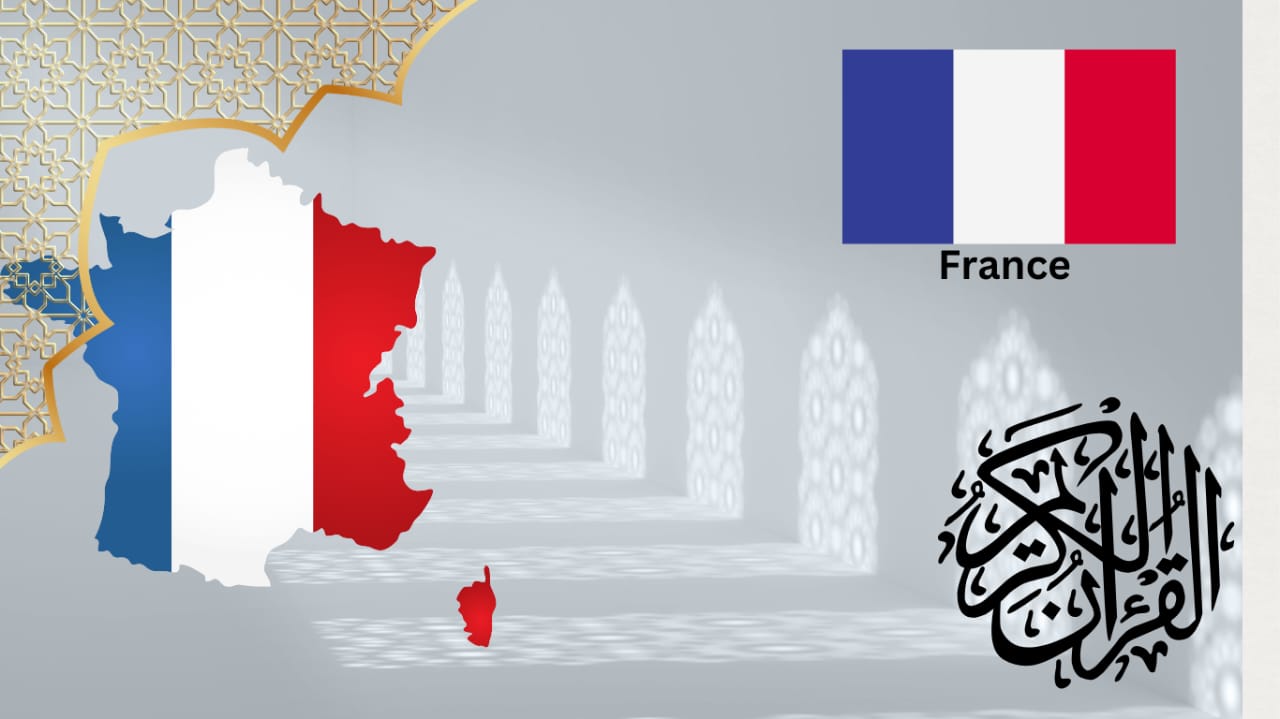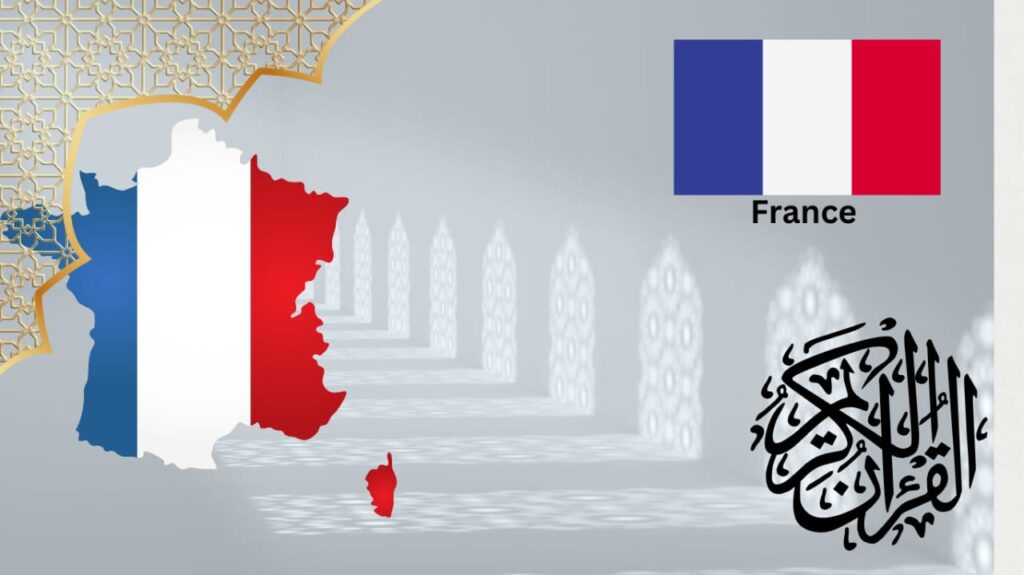
- admin
- Comments 0
- 30 May 2025
Introduction
As far as Islam in France is concerned, French society struggles to balance secularism with cultural diversity, yet Islam remains a strong spiritual force. Learning about Islam, the teachings of the Quran, and Arabic plays a vital role in helping this faith fit into a multicultural society. Over the years, Islam in France has grown, supported by immigration from North African and Middle Eastern countries. While most Muslims practice their faith peacefully, the presence of Islam in France has sparked debates about secularism and integration. Despite these challenges, Islam in France continues to grow, as seen in the prayers at mosques, the activities in cultural centres, and the learning programs that keep faith and tradition alive for future generations.

The Quran: A Source of Spiritual Guidance
The Quran, or al-Quran, is the holy book of Islam, believed to be the word of God as revealed to the Prophet Muhammad. Many Muslims in France rely on Quran online platforms and Quran reading to maintain a connection with their faith, especially in a digital age. Websites and apps provide opportunities for Quran in English translations and Quran with Urdu translations. For Muslims in France who may not speak Arabic fluently, translations allow them to comprehend the Quran’s teachings.
The Koran, as it is sometimes called in France. By turning to the Quran, French Muslims can find reassurance in their faith.
Learning Arabic: A Bridge to the Quran
Arabic is the language of the Quran, and learning it offers Muslims a deeper connection to their faith. In France, many Muslims strive to learn Arabic to understand the Quran in its original form. Arabic tutor services, and Arabic lessons that cater to both adults and children. Learning the Arabic language fosters not only religious growth but also cultural pride among the younger generation.
Programs and Tools like Arabic to English dictionaries are particularly useful for Muslims in France who wish to read and recite the Quran with understanding. Arabic language education helps bridge cultural and generational gaps, maintaining religious traditions in a mainly secular society.
Islam in Secular France
France upholds a strict separation of church and state, known as laïcité. This secular framework ensures the neutrality of public institutions concerning religion. However, this approach often creates challenges for practising Muslims, such as restrictions on religious symbols and attire in public spaces. Despite these hurdles, Islam continues to thrive as a spiritual force in France.
The teachings of Islam, rooted in the Quran, emphasize mutual respect, and community welfare. Muslim communities contribute to French society through education, business, and cultural exchanges. The Quran inspires many Muslims to embrace values like charity (zakat), honesty, and compassion while advancing a sense of identity.
Islamism in France
Islamism in France refers to movements that aim to bring Islamic principles into politics and public life. France, with the largest Muslim population in Europe, has a strong secular tradition (laïcité) that often clashes with these ideas. Over the years, terror attacks linked to extremist groups have raised concerns about radicalization and security. This has fueled debates on immigration, integration, and the place of Islam in French society. While most Muslims in France live peacefully, Islamism sometimes creates division and misunderstanding. Moving forward, fostering open dialogue, supporting moderate voices, and ensuring social inclusion is key to building a united society.
Access to the Quran and Islamic education in France
With technological advancements, access to the Quran has become easier for Muslims living in France. Platforms offering Quran online resources allow individuals to read and listen to the Quran anytime. Translations, including the Quran in English and the Quran with Urdu translation, break language barriers and enable more people to connect with the scripture. These tools are particularly valuable for the younger generation, many of whom speak French as their first language.
Furthermore, mosques and Islamic centres across France provide opportunities for communal Quran reading and study sessions. They serve as spaces where Muslims can deepen their understanding of the Quran, strengthen their faith, and build social ties. By offering education and resources, these institutions help sustain Islamic teachings in a secular society.
The Role of Islam in Modern French Society
Islam in France represents more than just religion—it personifies a way of life that promotes peace, unity, and justice. Many Muslims integrate Quranic values into their daily lives while balancing their religious and cultural identities within French society. The Quran’s emphasis on tolerance, respect for diversity, and ethical behaviour aligns with principles of liberty, equality, and fellowship—the foundation of French democracy.
Programs for learning Arabic, Arabic lessons, and Arabic tutor services further contribute to this integration by empowering Muslims to engage with their faith more deeply. In doing so, they restate their identity while participating actively in French civic life.
To conclude
Islam and the teachings of the Quran hold a vital place in the lives of Muslims in France. Whether through Quran reading, online resources, or efforts to learn Arabic, Muslims seek to preserve their religious heritage while contributing to a multicultural society. Despite challenges posed by secularism, Islam continues to inspire millions in France to live meaningful, compassionate lives guided by Quran-based principles.
French society can embrace its diverse cultural and religious fabric by fostering understanding and dialogue. The values embedded in the Quran—justice, peace, and compassion—offer a foundation for coexistence, helping Muslims and non-Muslims alike build bridges of mutual understanding and unity.



